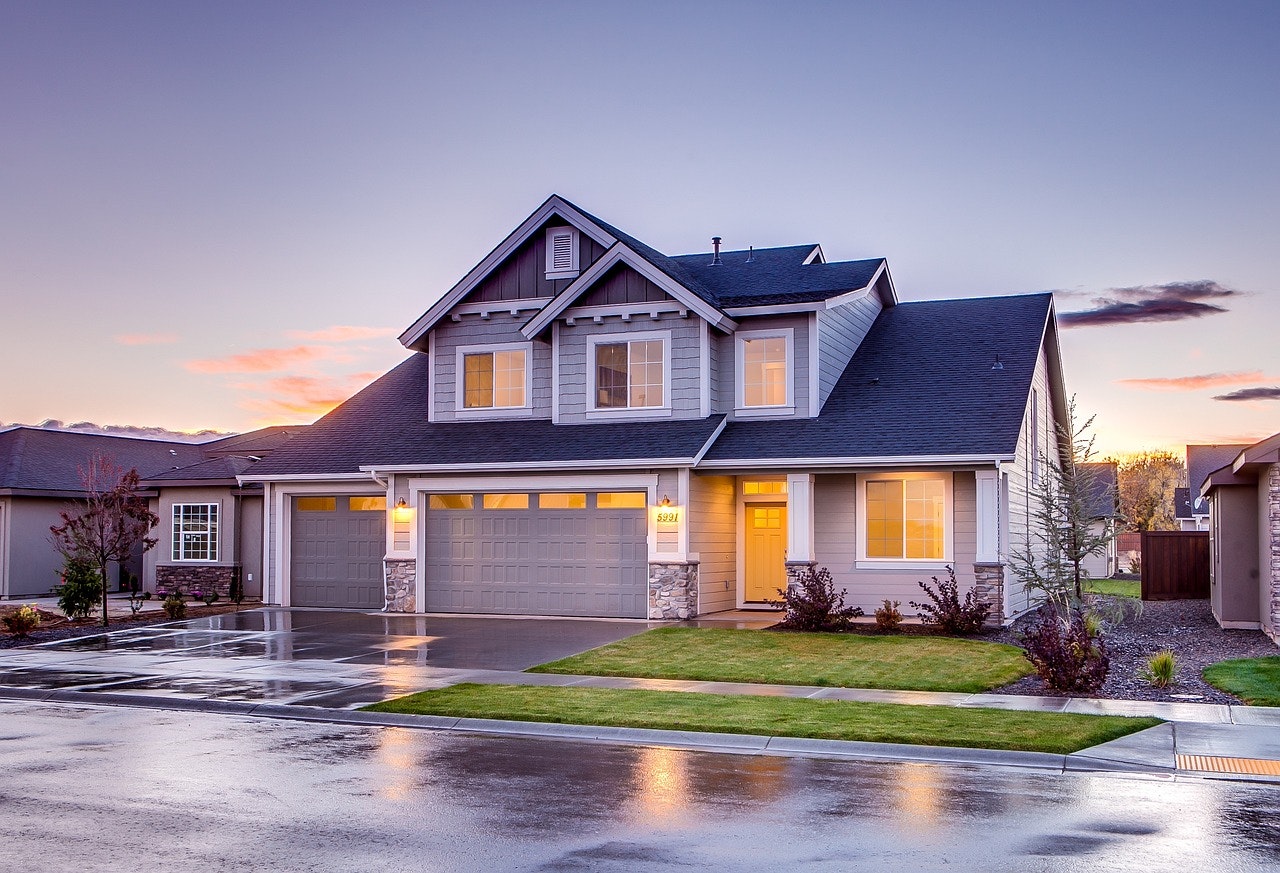Jul 21 2025 15:00
Understanding Property Line Insurance Responsibilities
For homeowners, property line disputes and unexpected damage can be overwhelming and stressful experiences. Whether dealing with a neighbor's tree that has fallen on your home, a fire spreading from an adjacent property, or even flooding issues due to poor drainage next door, understanding your insurance responsibilities is crucial. In this blog, we break down common questions about homeowners insurance and property lines to help you ensure financial protection in these scenarios.
Tree Damage Responsibility
One frequent concern is the damage caused by a neighbor’s tree falling onto your property during a storm. Often, it's your own insurance that covers the damage in these situations. However, if the tree was dead or in poor condition and your neighbor was aware of this risk, then their insurance might be responsible for covering the damage.
Flooding from a Neighbor’s Property
Water damage from a neighbor’s property, such as poor drainage or malfunctioning downspouts, poses its own challenges. Proving negligence can be difficult, and it's important to note that standard homeowners insurance policies typically do not cover flooding. Therefore, obtaining a separate flood insurance policy is advisable for such incidents.
Shared Fence Repair Costs
When a shared fence is damaged in a storm, both property owners are generally expected to split the repair costs. However, if damage results from direct actions by one homeowner, that party may bear full responsibility for the repairs.
Fire Damage from a Neighbor’s Property
Fire damage spreading from a neighbor’s home is typically covered under your homeowners insurance. If the fire was caused by negligence, such as an unattended candle or faulty wiring, your insurance provider might pursue reimbursement from the negligent party's insurance. This process is known as subrogation.
The Insurance Claims Process
When damage results from a neighbor’s actions, understanding how insurers handle claims is essential. If negligence is suspected, your insurer may seek reimbursement from the neighbor’s insurance through subrogation. However, if no negligence is proven, your policy will usually absorb the claim without pursuing the neighbor's insurance for damages.
It's essential to routinely review your insurance policies and consider additional coverage options, such as flood insurance, to enhance your protection. For peace of mind, consulting an insurance professional can clarify coverage details and help ensure that you're adequately prepared for unexpected events.








